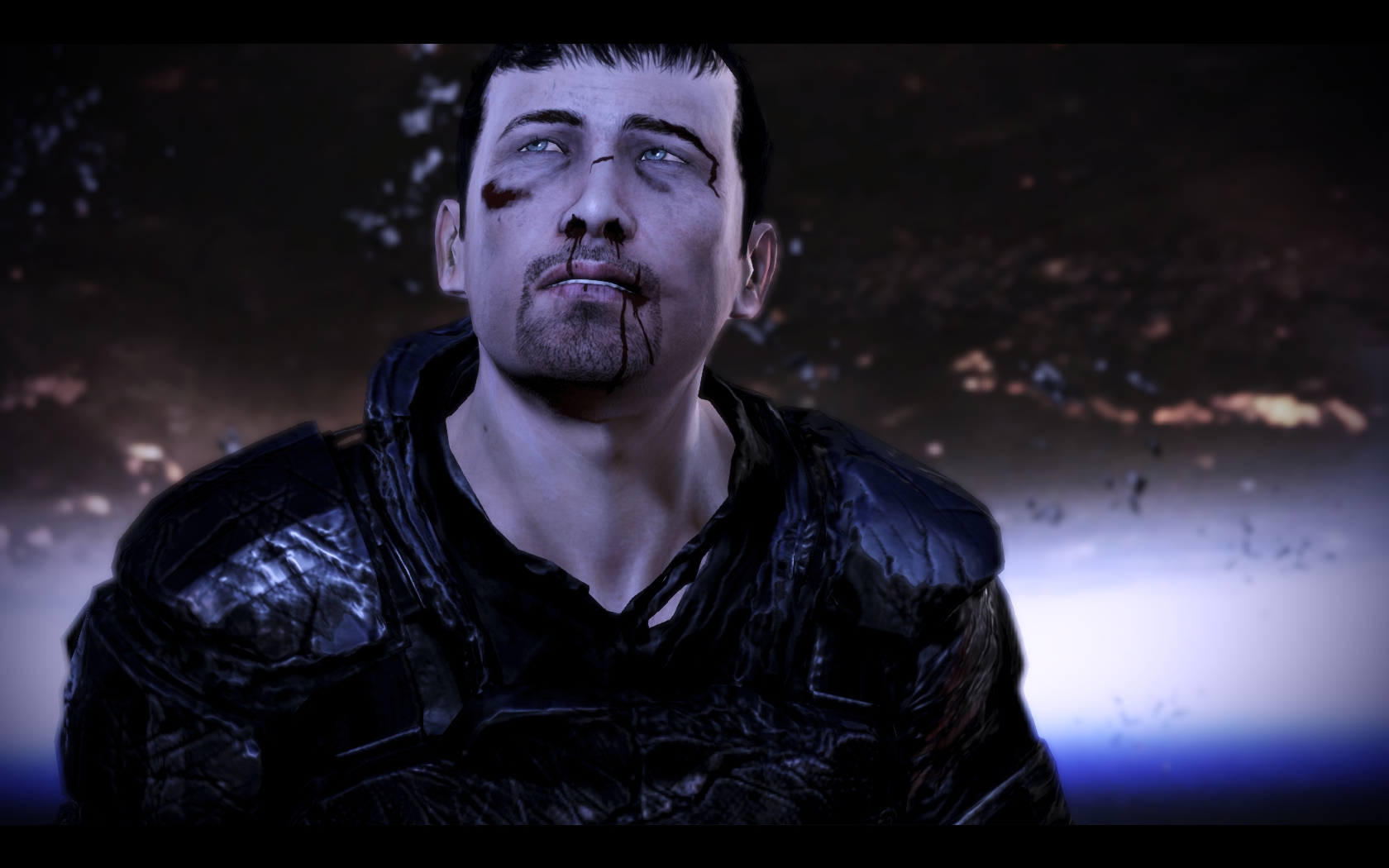There’s a surprising number of games around now in which you take on the role of a parent, one way or another – including literally. Whether it’s directly protecting a child in The Walking Dead and The Last of Us or delicately balancing your ethics against the welfare of your family in Papers, Please, there’s an increasingly common thread of adult responsibility that I don’t recall encountering previously.
To trace it backwards, I’d probably go to Bioshock and it’s flawed but intriguing Little Sisters, young children who you could either rescue for moral satisfaction or kill for a power boost. It was overly gamey and the consequences were rather obfuscated (the killing option in particular), somewhat neutering the weight of the choice, but it was nevertheless a ballsy depiction of a child in a horror game, forcing responsibility and ethical decisions on the player. Hardly parental in nature but still a context rarely seen in gaming.
There’s also Heavy Rain, David Cage’s crime melodrama about a kidnapped child and the father’s efforts to save him. It’s fairly unflinching, though the parental storyline is one of the weaker ones, the game feeling more comfortable when dealing with journalists and FBI agents.
Then you’ve got the likes of Half Life 2, whereby you have allies who accompany you, informing the story and giving your actions greater context. The interactions aren’t quite parental but they’re notable for not being romantic: prior to HL2 the presence of a female character alongside the player would have been solely as a love interest, and that’s what makes the game important. It set the bar for the non-romantic relationships seen in Walking Dead and Last of Us, showing that players would still be engaged without cheap titillation and that independent female characters could be interesting. Surprise!
Before that there’s a slew of games with escort/protection missions, which could be seen as a kind of parental responsibility, but these were usually isolated and inconsequential events in a larger action narrative. Not to mention rubbish and annoying. Finding a way to have players responsible for another without resorting to irritating escort missions, plagued by awful AI, was one of the main hurdles.
A particular early exception would be, of course, Ico. A platformy puzzler in which you’re tasked with caring for a slightly pathetic princess, literally holding her hand and guiding her safely through the hostile world. It’s a subtler and more touching basis for interaction than was generally seen at the time which set the tone for the likes of The Last of Us.
The shift from lone warrior, to action hero complete with love interest, to adult with responsibilities, directly tracks the aging of game developers and players, from teenagers to young adults through to real life parenthood. It’s developers making games about topics relevant to them at the time.
It’s part of the reason season 2 of The Walking Dead hasn’t really grabbed my attention yet: it appears to have jettisoned the parent-child dynamic, with the player now controlling the younger character directly. At least on the surface that prospect seems less interesting and more generic, though trying to replicate the character relationships from the first season would also be a mistake. I’ll check out how successful they’ve been at changing the structure of the series at some point next year.







0 Comments